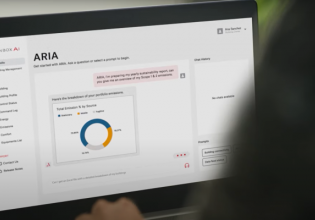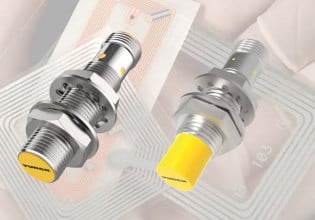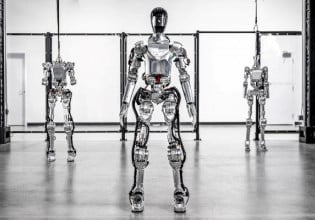J
Jeff Pinegar
It sounds outrageous, however the critical date is when was the GeoWorks invention made and the patent applied for, not the date patent was issued. (Sorry if this information was contained on "slashdot.org" site it wouldn't work for me) Jeff






